Most of us are aware that generative AI offers opportunity for innovation and efficiency where it is revolutionising how businesses operate. However, its impact is not fully understood. Earlier this year, Console Connect conducted a survey by Arlington Research which engaged 1,000 global CTOs and senior leaders to gain a better understanding of the challenges and demands associated with gen AI adoption. The findings indicate the seismic impact generative AI is having on organisations; in short, it is imperative for IT executives to prepare their networks to support the demands of generative AI.
In a previous blog, we shared actionable insights on how to examine your existing network and in this blog we will deep dive into the connectivity requirements of generative AI. Whether you are a small start-up or a multinational corporation, it is beneficial to understand the following connectivity requirements before deploying generative AI safely and effectively across your network:
Data processing: scaling up
Training generative AI models in cloud environments, particularly large language models (LLMs) such as OpenAI's ChatGPT, Microsoft Bing Chat, and Google Bard, require immense computational power and access to vast datasets. To train these models, organisations need affordable, high-speed connectivity to cloud environments.
Data protection: securing your network
Data breaches are no longer a question of "if" but "when." With the rise of cloud adoption comes the rise of AI-powered cyberattacks - protecting personal and sensitive data has never been more critical. Deploying generative AI over public internet connections exposes your organisation to significant risks. Moving to a private network environment can mitigate these threats, ensuring a secure and resilient cloud infrastructure.
Latency and network congestion: avoiding bottlenecks
Interestingly, our survey revealed that latency and network congestion are not top concerns for many organisations, which is worrying. Latency can critically impact both employee productivity and customer interactions, especially with the increasing reliance on real-time communications like voice and video calls.
The massive datasets required for training AI models can cause significant latency issues when using public cloud services. Network congestion can also delay model training and deployment, hindering your AI initiatives. It’s essential to invest in network solutions that minimise latency and manage congestion effectively, ensuring seamless operations and timely AI model development.
Regulatory frameworks: navigating the maze
As AI technology evolves, so does the regulatory landscape. Our survey indicates a lack of awareness or concern about regulatory frameworks among some respondents. However, staying informed about these regulations is crucial. Data localisation and compliance with regional laws can be complex, requiring continuous monitoring and adaptation.
The EU’s upcoming AI Act, set to be adopted in 2024, exemplifies the increasing regulatory scrutiny on AI technologies. Businesses need to map their processes and assess compliance levels to avoid legal pitfalls and ensure responsible AI deployment.
Data sovereignty: maintaining control
Generative AI's widespread adoption brings long-lasting challenges around data sovereignty. Countries are increasingly implementing legislation to control where data can be stored and processed. Companies must plan for secure data management, from training AI models in the cloud to deploying inference models back to their private infrastructure. Using private connectivity solutions to manage data securely while in transit between private and public cloud environments helps maintain compliance with regional data sovereignty laws and protects sensitive information.
AI governance: ensuring accountability
Effective AI governance is essential for managing access to data and ensuring traceability of data approval processes. The EU's AI Act emphasises responsible AI implementation, setting standards to safeguard the health, safety, and fundamental rights of individuals. Companies should begin aligning their AI practices with these new regulations to avoid potential commercial and reputational risks.
The adoption of generative AI presents both exciting opportunities and significant challenges for organisations. Therefore, understanding and addressing the connectivity requirements is crucial for successful deployment and long-term success. Download the report ‘The impact of generative AI on networks’ to stay ahead in the evolving AI landscape and ensure your network infrastructure is ready to meet the demands of generative AI.
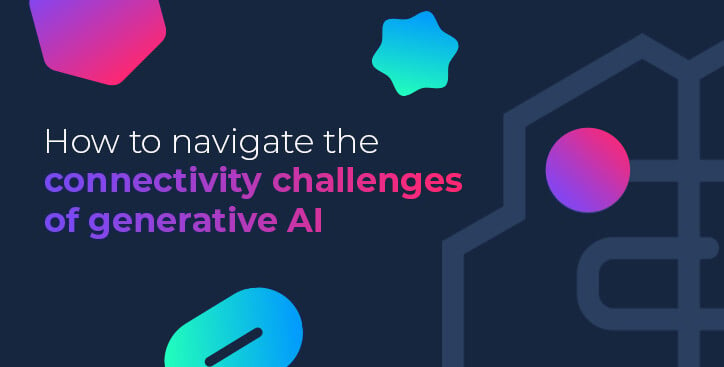

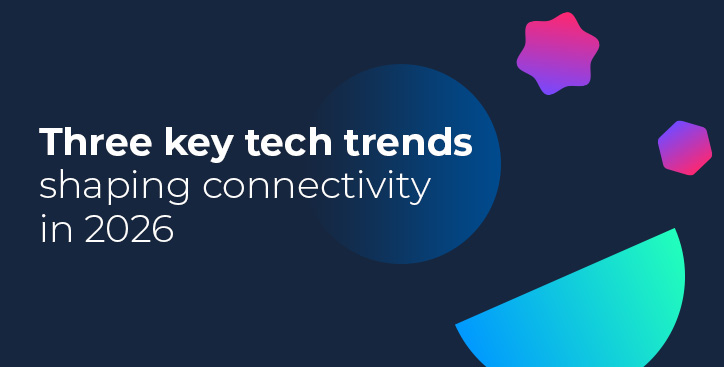

.jpg)

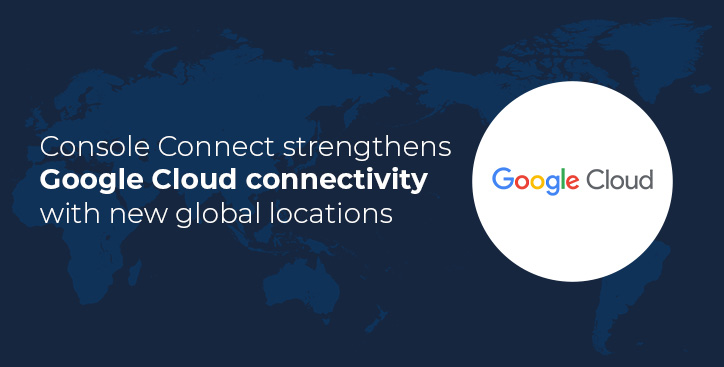
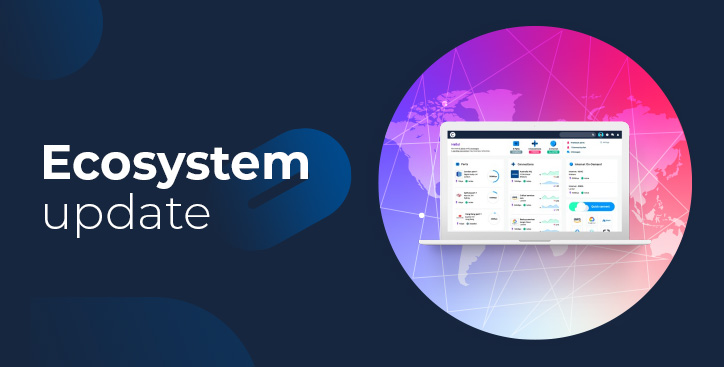
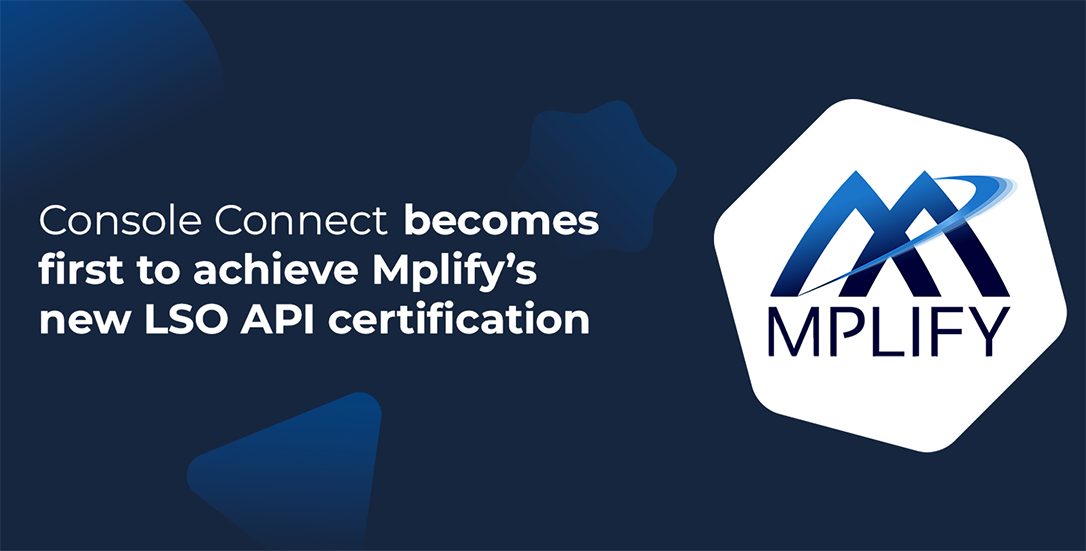
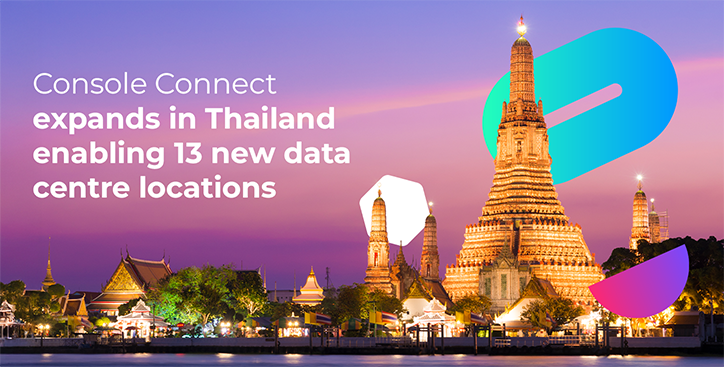
.jpg)